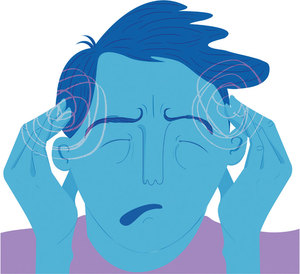 By Natasha Bray | Nature Reviews Neuroscience “Pain” | January 29, 2015
By Natasha Bray | Nature Reviews Neuroscience “Pain” | January 29, 2015
Pain has sensory and affective components, and can be augmented or attenuated through the cognitive reappraisal of the painful stimulus in a process called ‘self-regulation’. Although the sensory and affective qualities of pain are thought to be tracked by a set of regions throughout the brain that are collectively known as the ‘neurological…
Read the full article, with subscription, on Nature Reviews Neuroscience.



